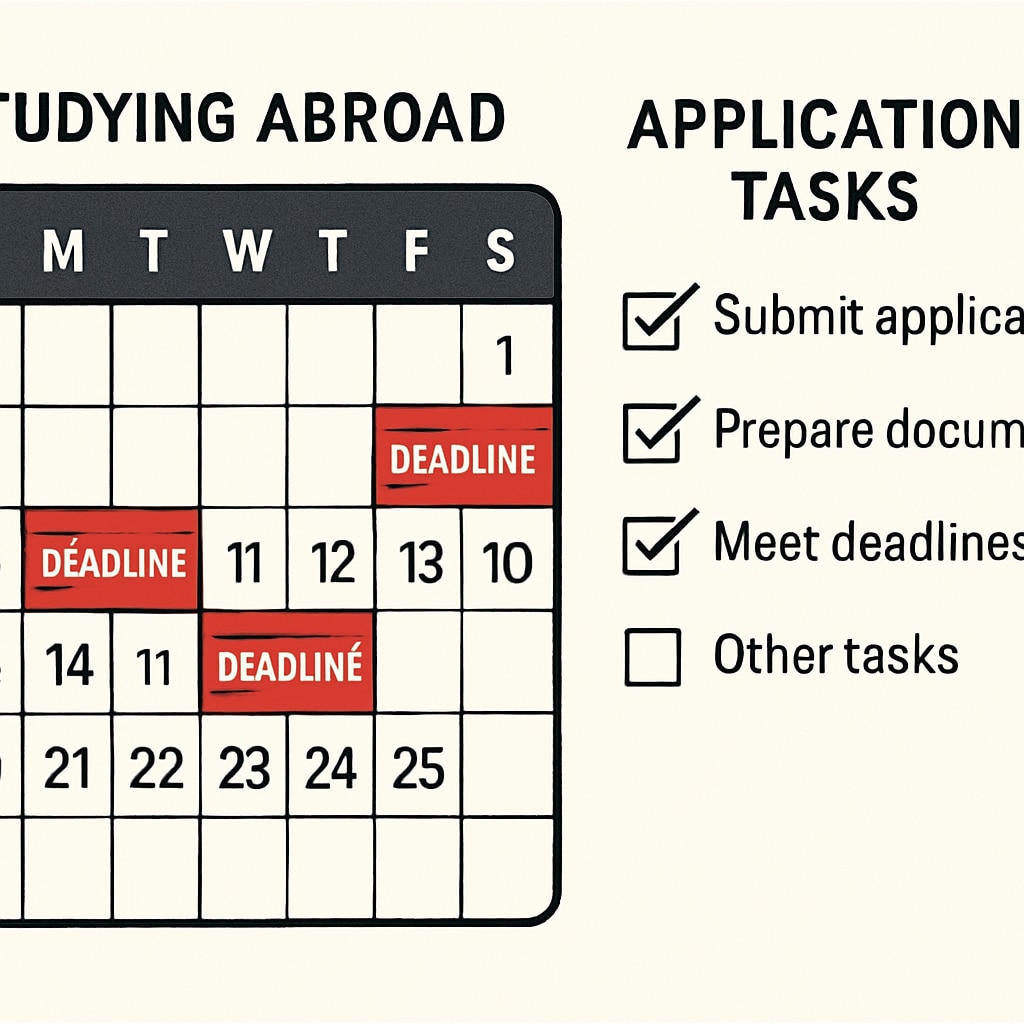The question of whether the opportunity for pursuing a master’s degree in the United States remains viable is a critical one for K12 educators. With evolving global circumstances, including changes in visa policies and increased competition, understanding the feasibility of a U.S. master’s application, timing, and preparation is more crucial than ever. This article dives into the value, challenges, and actionable steps for educators looking to enhance their careers through overseas education.
Why Pursue a Master’s Degree in the U.S.?
Obtaining a master’s degree from an American university offers multifaceted benefits, especially for K12 educators. The U.S. is home to some of the world’s top-ranked institutions, providing access to advanced pedagogical techniques, cutting-edge research facilities, and a diverse academic environment. For educators, these experiences contribute directly to professional growth and innovative teaching methodologies.
Additionally, a U.S. degree can significantly boost career prospects. Many international schools and educational organizations prioritize candidates with foreign qualifications, particularly from the U.S. However, the rising costs of tuition and living expenses, coupled with visa challenges, have made the decision to apply more complex.

Factors to Consider When Choosing the Right Time to Apply
Timing is a crucial element in planning for a U.S. master’s application. Various factors must be examined before making the leap:
- Economic Changes: Tuition costs in the U.S. have increased steadily, making early financial planning essential.
- Visa Policies: Recent adjustments to visa regulations may impact the application process for international students. Staying updated on these changes is vital.
- Personal Readiness: Applicants need to assess their current career trajectory, family obligations, and financial stability before committing to a master’s program.
For K12 educators, timing also depends on current teaching contracts and opportunities to take leave for study. Planning a sabbatical or coordinating with employers can ease the transition.

Overcoming Challenges in the Application Process
Applying to a U.S. master’s program can be daunting, especially for educators balancing full-time jobs and family commitments. Key challenges include:
- Competitive Admissions: With increasing applications from around the world, standing out requires exceptional academic and professional credentials.
- Financial Burden: Scholarships and assistantships are available but highly competitive. Researching funding options early is critical.
- Cultural Adjustment: Moving to a new country involves adapting to a different culture, education system, and work-life balance.
To address these challenges, educators should focus on preparing a strong personal statement, obtaining stellar recommendation letters, and demonstrating their commitment to advancing education. Leveraging networks and alumni connections can also provide valuable insights and support.
Practical Steps for a Successful Application
To increase the chances of acceptance, educators should follow these steps:
- Research Programs: Identify universities that align with your career goals and specialize in K12 education.
- Prepare for Standardized Tests: Many U.S. programs require GRE or TOEFL scores. Begin studying early to maximize your results.
- Secure Funding: Explore scholarships, grants, and assistantships offered by universities and external organizations.
- Build a Timeline: Set deadlines for application submissions, document preparation, and visa applications.
By following these steps, educators can streamline their application process and minimize stress during this demanding period.
Conclusion: Although challenges exist, the opportunity for K12 educators to pursue a master’s degree in the U.S. remains attractive. The key lies in understanding the feasibility of the application, navigating timing strategically, and preparing thoroughly. With the right planning and mindset, educators can unlock valuable career opportunities, contribute to the global education community, and inspire their students with fresh insights.


